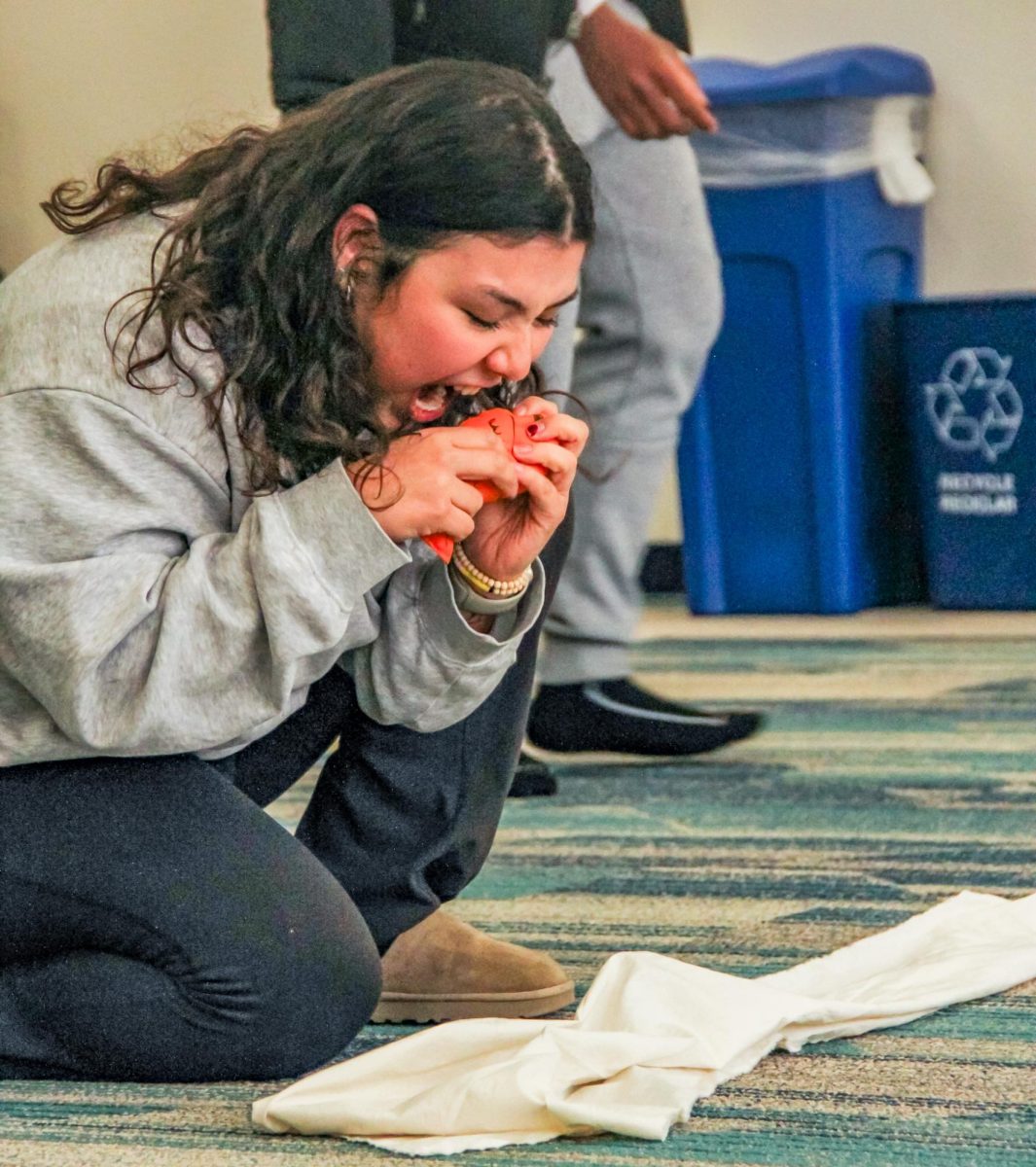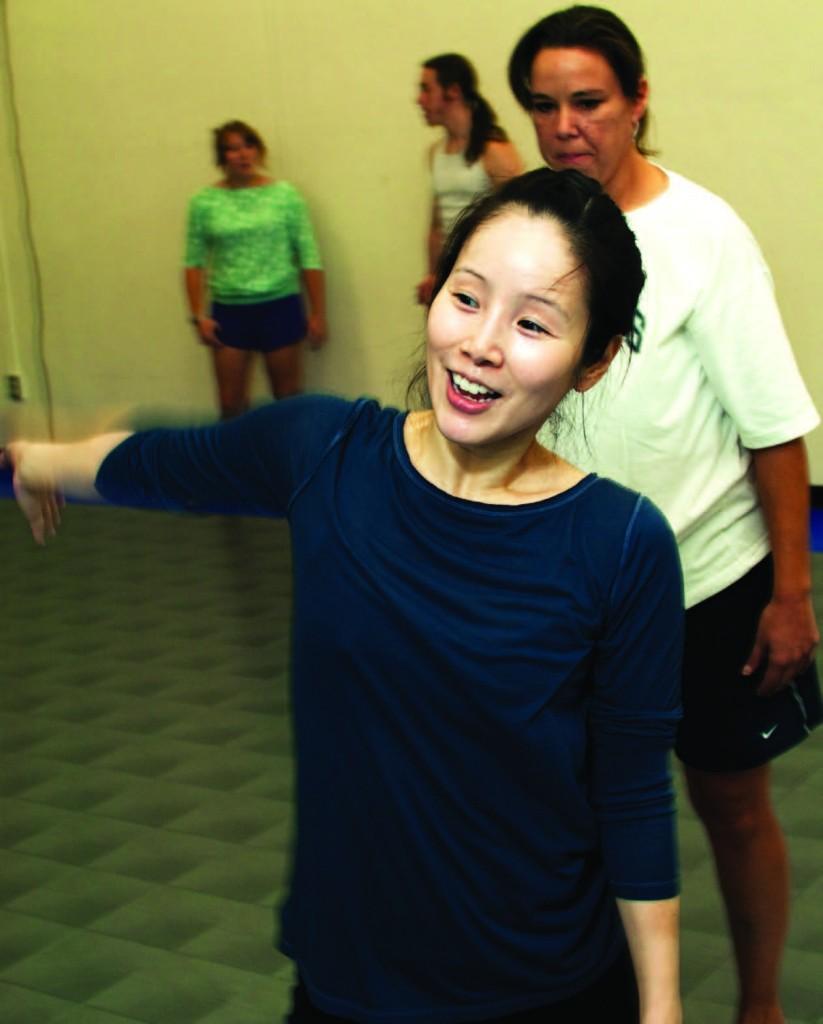By Ashton Phillips/reporter
Students need to start college off with a solid adjustment to their environment, an English associate professor told TR students last week.
In Transitioning from a High School to a College Classroom, a lunch workshop, Cheryl Garrett said the influx of recent high school graduates attending Tarrant County College is apparent in her English Composition 1301 courses.
Garrett said the number of her students direct from high school increased 9 percent from last semester, which she said is significant.
“My guess is the economy has greatly affected where students are choosing to begin their college career,” she said.
Garrett said a high school student spends an average of 38 hours dedicated to school each week, and only three of those hours are dedicated to completely immersed study time.
Garrett suggested a formula for college study time of three to four hours of studying per every class hour a student is currently taking. That means a total of 36 hours spent focused on school for a student taking a 12-hour course load.
Therefore, the time expected of college students to do well, Garrett said, is only two hours less than that of high school. The only difference is that college students are expected to complete two-thirds of this time outside of the classroom.
“It is so important for high school students to learn how to properly study,” she said. “Mistakes this early on can cost you.”
To segue from high school to college smoothly, Garrett said college students need to be accountable and know their professors’ preferences. High school students are accustomed to being in an environment that monitors their progress in six-week increments, but college students get grades only once a semester.
“What happens in September affects you in December,” she said.
High school students who once relied on their parents to become concerned before gaining motivation to succeed will no longer have that crutch, Garrett said. The Family Educational Rights and Privacy Act says professors are not allowed to discuss students’ progress with their parents. This restriction includes speaking to the parents on the topic of skipping, something Garrett described as a struggle for freshmen.
College professors believe students will see the effects of non-attendance in their grade rather than their needing to reprimand those who do not attend class.
Garrett said college instructors grade differently (points versus percentages), assign different weights to tests, offer a greater workload, are not required to drop grades or offer extra credit and release grades at different paces.
Celso Rodriguez, a May graduate of Trimble Tech High School in Fort Worth, attended the session to help with his first year at TCC.
“I have to get used to the college state-of-mind,” he said. “The transition is pretty different because I can’t make excuses. In college, the responsibility is all on you.”
New student Karen Soto said she was concerned about the study time and giving her assignments the focus they need but thought the workshop helped her better understand her new environment.


























